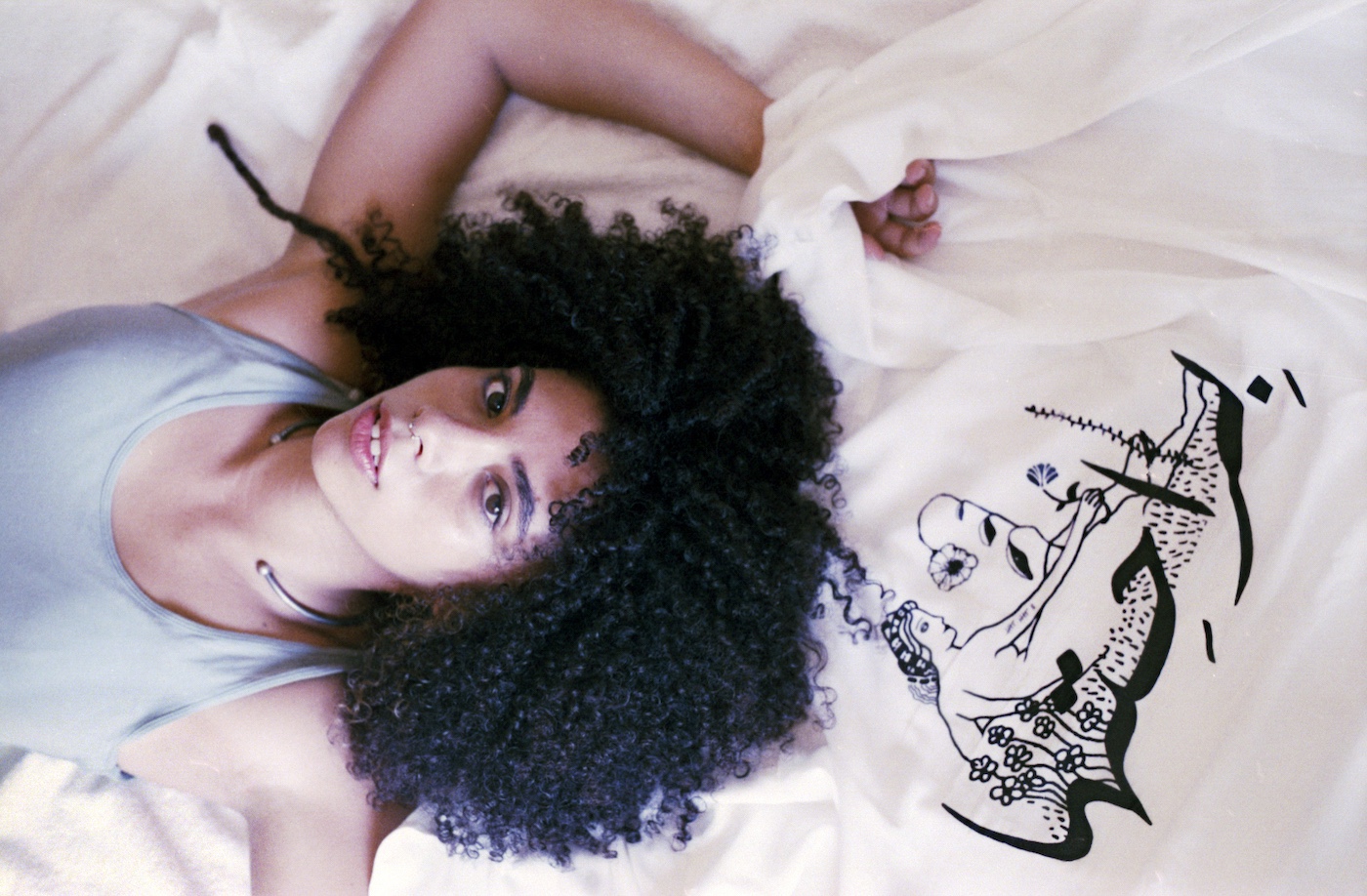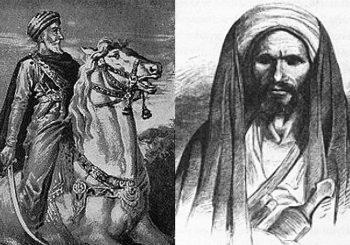Egyptian clothing brand UNTY recently released a clothing campaign called Berahet-ha, an Arabic slogan that is centered on Egyptian women’s personal freedom. The campaign included a shirt that has just been released for pre-order, and a bucket hat and tote bag soon to be released.
With the numerous events that have happened in Egypt in the past ten years, UNTY’s designs have been adjusting to the many sub-cultures that were introduced. Of those subcultures was the most recent feminist movement in Egypt.
“The [Berahet-ha] design was first introduced two years ago inspired by a moment in traffic. I spotted a براحتها [Berahet-ha] sticker on the back of a microbus. The word itself in the context of the streets of Cairo was too ironic to just ignore honestly, since the reality of the situation couldn’t be farther from the truth,” Mobarek said.
UNTY was founded in 2013 by Omar Mobarek and his partner Omar Fayez as an Egyptian street style brand that is in tune with pop culture.
“The mission behind UNTY is to constantly evolve with the people, places, music, film, art, food…everything that inspires us. All these little things make up culture and our vision is to integrate ourselves within the culture that surrounds us, evolving with it as it grows and progresses,” Founder Omar Mobarek told Egyptian Streets.

On the shirt, the word Berahet-ha is placed with an illustration inspired by La Grande Odalisque (meaning: Harem Women), an oil painting by Jean Auguste Dominique Ingres, dated 1814.
“This painting represented the artist’s break from Neoclassicism to Exotic Romanticism, as well as the beauty of women of the Orient. She’s depicted lying outdoors, in a garden (plants were often used in European paintings as metaphors for virtue and vice),” Mobarek added.
The shirt was released twice before, with a lifestyle-related campaign, so the third time Mobarek felt they didn’t need to go beyond showing the word within the context of the city.
“This time we decided to really push this message,” Mobarek added.
They selected Egyptian female creatives and gave them creative freedom in terms of how they choose to work with the concept of Berahet-ha. It was important for them that before selling the shirt, people would understand the message and hear and see it from women who live in Egypt.
The campaign was developed by Videographer Najla Said, Editor Nancy Ragab and featured Dina El Zeneiny, through a video that portrayed Zeneiny walking through the streets of Cairo.
“A portion of the video was shot in Attaba, and if you’re a woman, you’d probably do anything to go unnoticeable in this place, but the word “Berahet-ha” gave us uncalled for visibility. It turned out to be a social experiment,” Said told Egyptian Streets.
She said that filming the video was an unanticipated challenge, creating a shock that gave birth to the voiceover of the video, originally a voicenote sent to Mobarek after the shoot.
“Many of the comments Dina El Zeneiny and I were getting were criticizing our physical appearance; that it doesn’t conform to their ideals as well as the standards they set for women,” she added.
Said added that many of the comments they received were addressing the word on the shirt, which for her was an unquestionable given.

“It suddenly became so hard to simply walk there, it felt as if we were protesting. It felt as though living freely, or I’ll even say living, was already a protest. That’s when I realized that “berahet-ha” was so much more than just that word, and that it needed to be said in the most unapologetic way wherever we go,” Said added.
Mobarek hopes that through this campaign people will accept that times are changing and that what women are doing with their lives is no one else’s business.
“This should be obvious but unfortunately it needs to be constantly said, hopefully this shirt serves as a reminder anywhere it’s seen or worn,” Mobarek told Egyptian Streets.







Comments (3)
[…] From Avenue to Tradition: UNTY’s Feminine-led “Berahet-ha” Preaches Ladies’s… […]
[…] From Street to Culture: UNTY’s Female-led “Berahet-ha” Preaches Women’s Freedom in Egypt […]